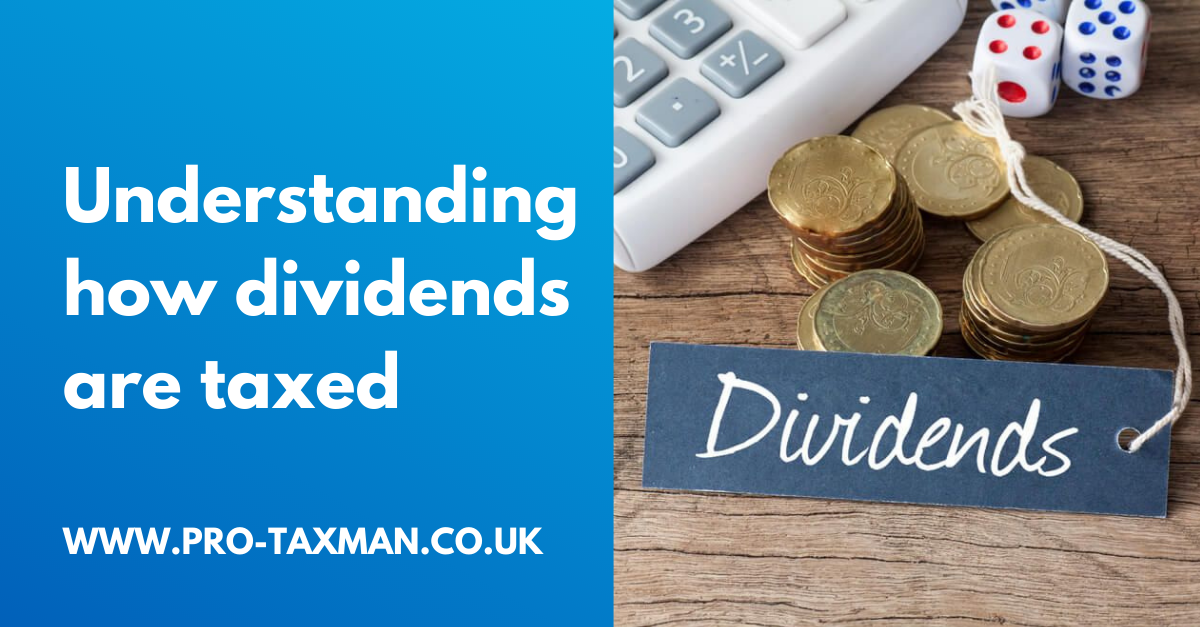Dividends have their own tax rules and their own rates of tax. The rules and the rates apply in the same way regardless of whether the dividends are paid from your personal or family company as part of a profit extraction strategy, or whether they represent investment income on shares. As part of the Government’s health and social care plan, the rates at which dividends are taxed are to increase by 1.25% from 6 April 2022.
Dividends have already suffered corporation tax
Dividends can only be paid out of retained profits. This means that if you want to pay a dividend from your personal or family company, you can only do so if you have sufficient retained profits from which to pay. ‘Retained profits’ are post-tax profits which have not yet been paid out. Consequently, they have already suffered corporation tax. The rate of corporation tax is currently 19%, but is due to increase from 1 April 2023 where the company’s profits are more than £50,000.
Dividends covered by the dividend allowance are tax-free
All taxpayers, regardless of the rate at which they pay tax, are entitled to a dividend allowance. This is available in addition to the personal allowance, and, unlike the personal allowance, is not abated once income reaches £100,000.
Although termed a dividend ‘allowance’, it is not an allowance as such; rather it is a nil rate band. Dividends that are covered by the dividend allowance are taxed at zero rate. However, they count as part of band earnings. The dividend allowance is set at £2,000 for 2021/22.
Dividends are treated as the top slice of income
Dividends are taxable to the extent that they are not sheltered by the dividend allowance or, if not fully used elsewhere, the personal allowance. In determining the appropriate rate of tax, dividends are treated as the top slice of income.
Dividend tax rates are lower than income tax rates
Dividends have their own tax rates. These are lower than the usual rates of income tax. However, as noted above, dividends are paid from profits which have already suffered corporation tax.
Dividends are taxed at the dividend ordinary rate to the extent that they fall within the basic rate band. This is set at 7.5% for 2021/22. It is to increase to 8.75% from 6 April 2022.
Dividends are taxed at the dividend upper rate to the extent that they fall in the higher rate band. This is set at 32.5% for 2021/22. It is to increase to 33.75% from 6 April 2022.
Dividends are taxed at the dividend additional rate to the extent that they fall in the additional rate band. This is set at 38.1% for 2021/22. It will increase to 39.35% from 6 April 2022.
Need professional accounting service or accounting advice? Contact us to book a 15-min Free Consultation with us today.
To find out more please follow us on Facebook, Twitter, or LinkedIn. Feel free to contact us on 0333 006 4847 or request a call back by texting 075 6464 7474

